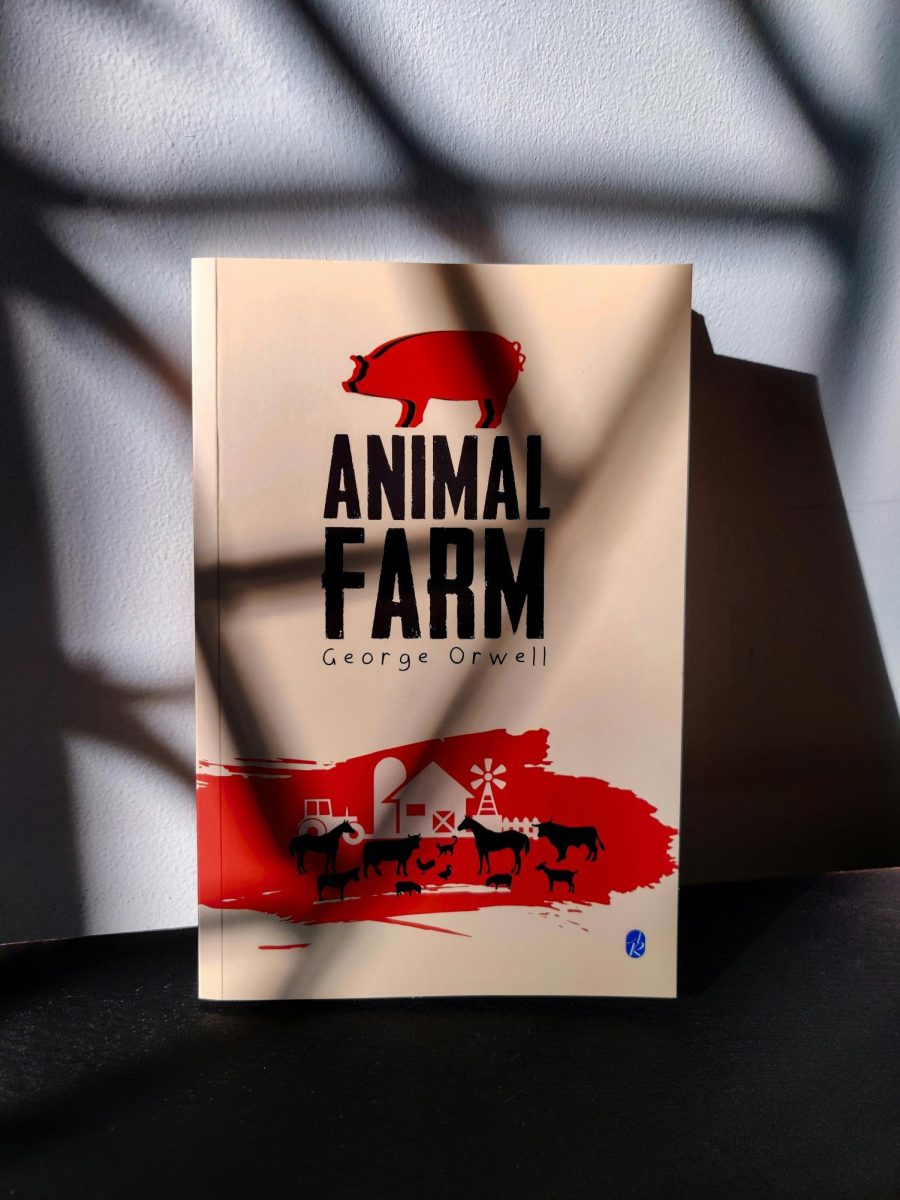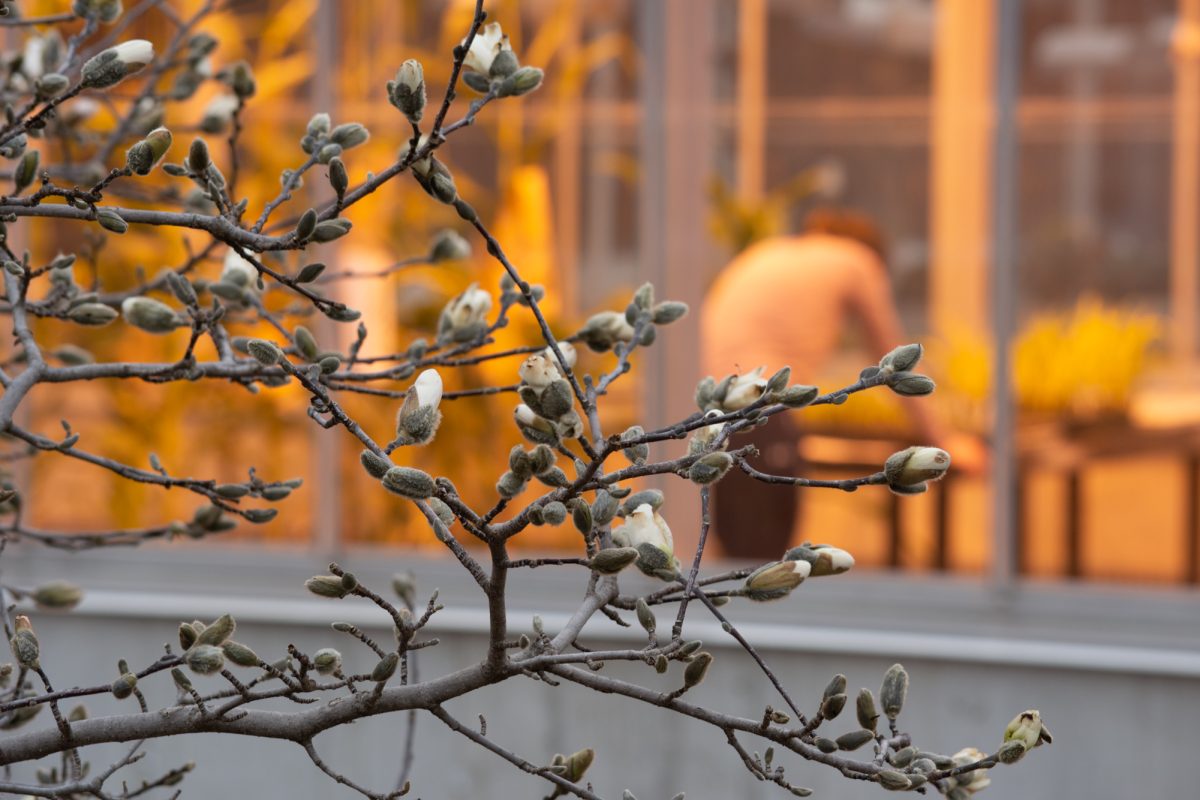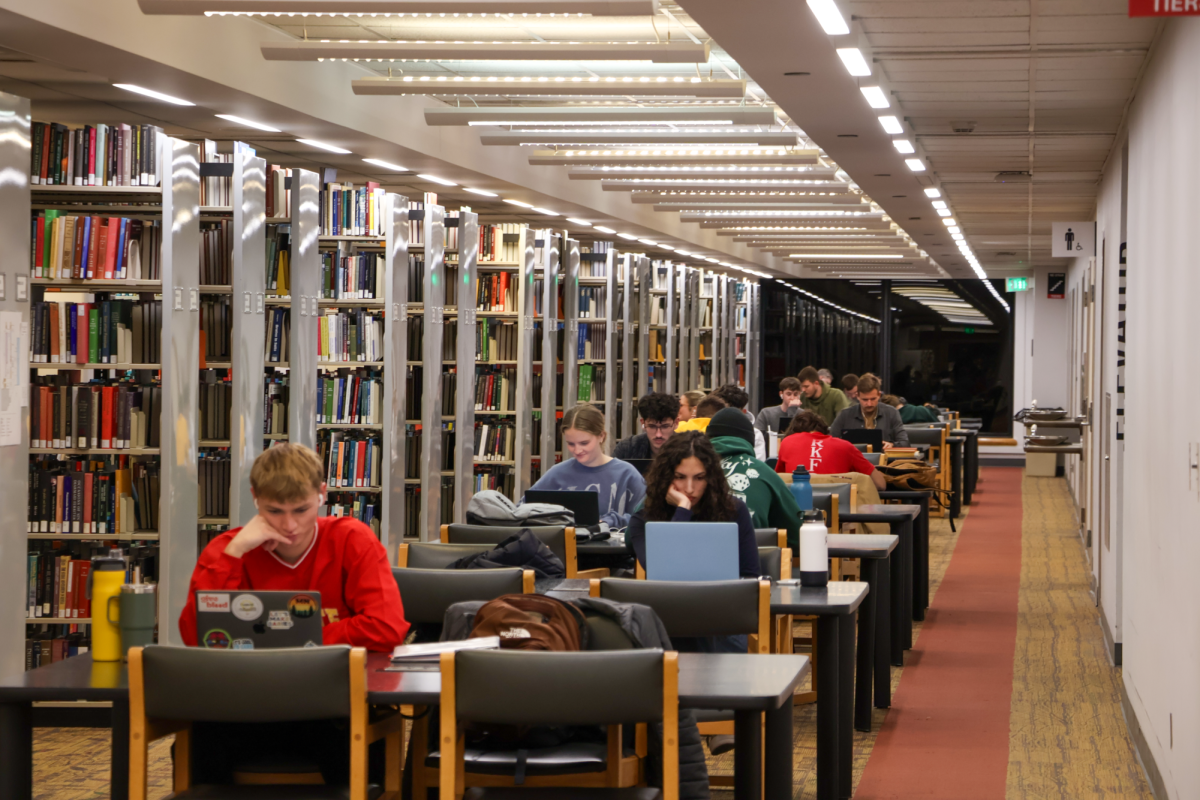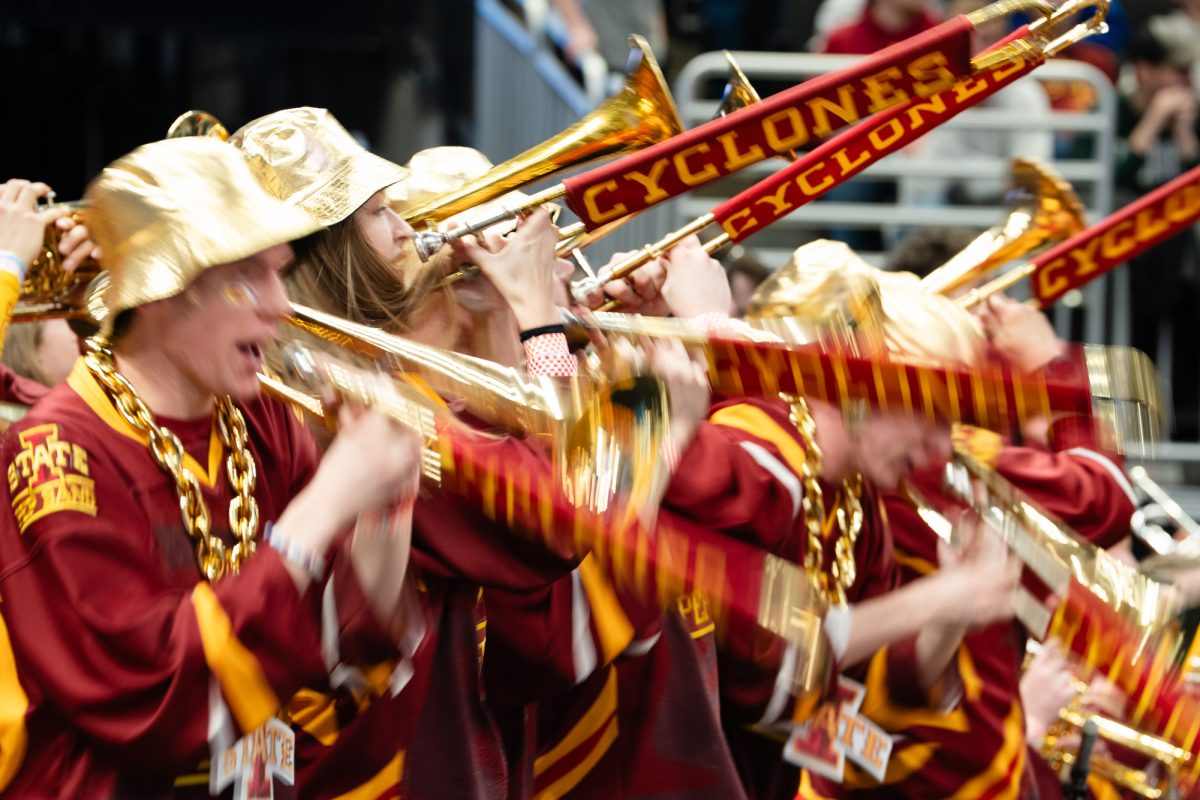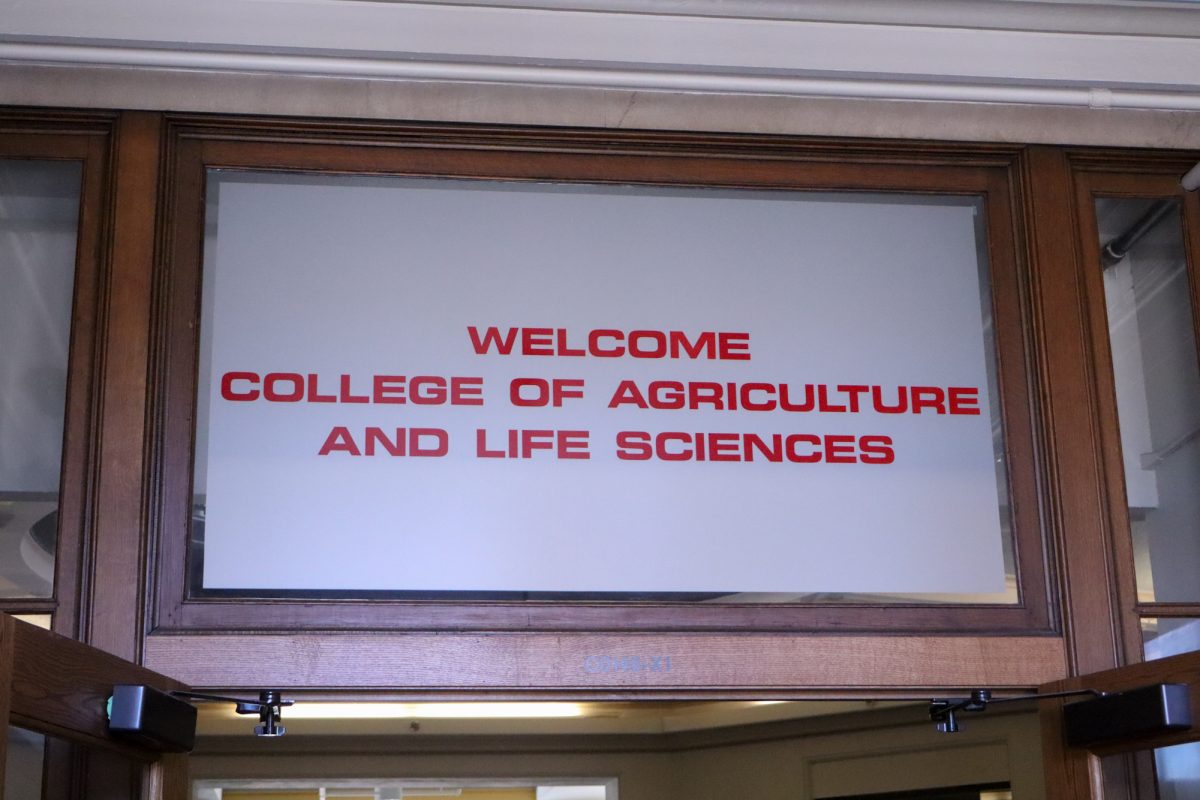feminist friday
November 11, 2019
This Friday’s latest edition of Feminist Friday hosted at Iowa State University’s Sloss House brought a new topic of variety to discussion. Local Outreach Archivist of the Special Collections & University Archive Rachel Seale led this discussion on “Leaving Your Legacy”. Seale ended up leading this discussion solo but still referred to how many of her colleagues works have greatly impacted the archive.
The Special Collection Archive was established in 1969 and since then has hosted an immense amount of University history on students, professors, local community, groups, and activities here on campus.
Located on the fourth floor of the Parks Library the Special Collection Archive is open Monday through Friday from 9 a.m. to 5 p.m. daily and open to everyone.
Recently the archives have been taking part in a special initiative known as #VoicesInColor. This oral project seeks to document the histories, experiences, and perspectives of communities of color on the ISU campus and was developed by Scholarly Publishing Services Librarian Harrison Inefuku. This is yet another step the archive is making to highlight records that are lesser known or have a need for expansion given the lack of present information available such as the archives current lapse of information pertaining to the LGBTQ+ community’s presence on campus historically.
For the first time in Iowa State History the Special Collection Archive hosted a work study internship that permitted a couple of students to take a closer in depth look at a specific area of historical study they were interested in which in the last year included woman and the feminist journey on campus, and a historical approach to the LGBTQ+ community.
This month the archive is hosting an exhibit “We Are ISU: Snapshot Of Student Life”, which dating back from 1869 to the present each decade provides a detailed description of ongoing campus wide events and occurrences. Most notable is the detailed historic information of the ways in which the campus developed here in Ames, IA after originally having the potential to take place in Boone, IA.
Now leaving a personal legacy may not be as complicated as it would seem as Seale explained. Simply being more involved on campus with groups and activities or keeping a daily 1 line journal can mark historical records and leave a legacy that is of course as long as it one day makes its way to the archives. Which all documents can as the archive encourages those with a filing cabinet, attic or basement full of information to rather than discard it, bring it to the archive for them to acquire.
“Personally as a Philippino American, when I come across things I look at the folder and the inventory and (went) ‘oh that’s like a 50 year range’, but there were like two things and just this gap between that was like 50 years old,” said Seale. “But I was really excited because it was evidence. There are a lot of Philippinos in this country and you would never know that!”


